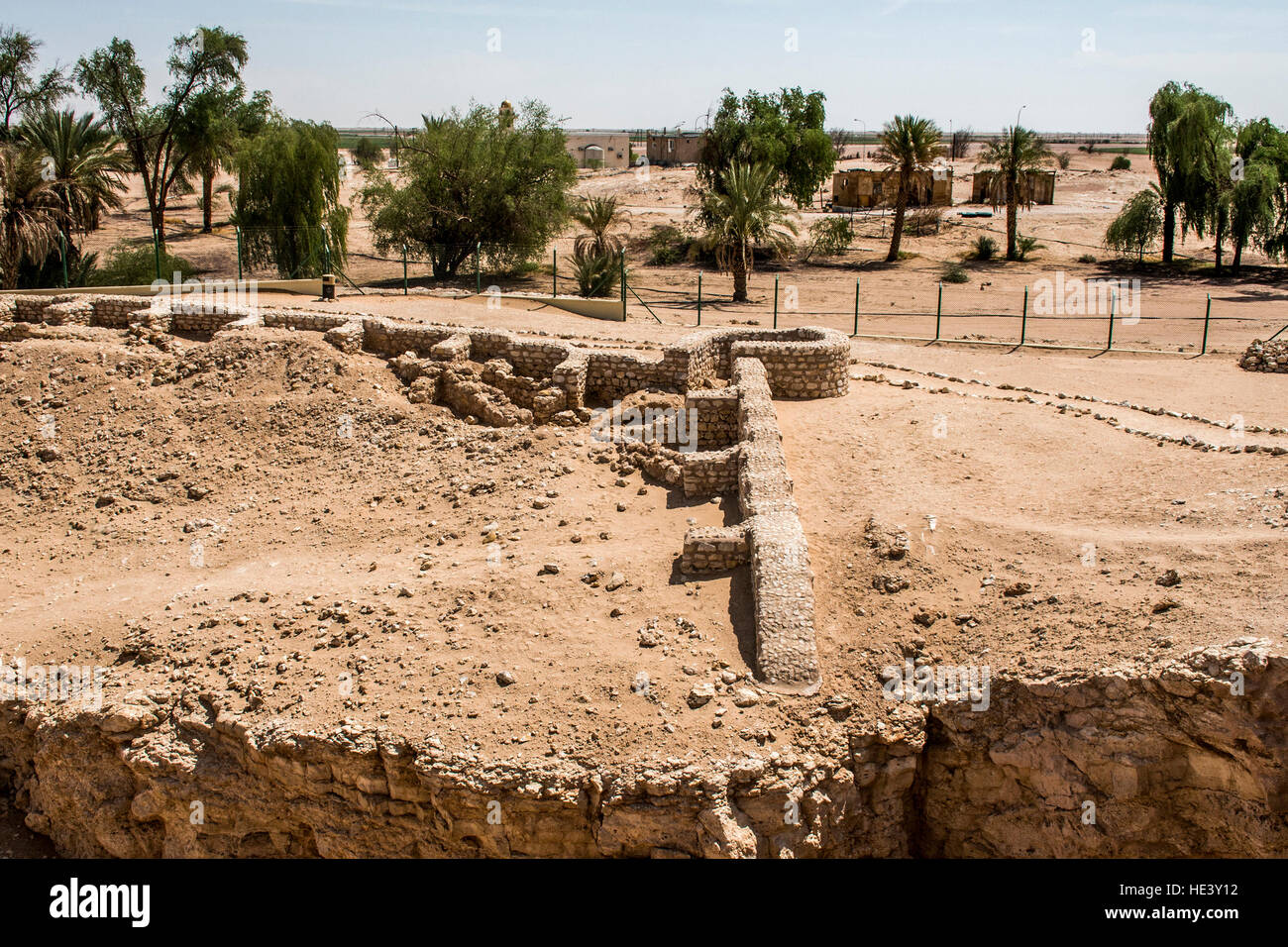

How can we abandon our gods? It seems some of our gods have smitten you with evil so that you go on the wrong path. īut they persisted in their unbelief and told Hud: You have brought us no clear Signs save what you are telling us. Will you not understand this? Seek His forgiveness and remember His bounties, and do not revert to your evil ways. My reward is with Him who has fashioned me. I ask you to worship Him, I ask nothing for myself. The other notions you have are all false. You will learn about the Atlantis of the Sands like never before.In a very significant Quranic story about perished nations Quran mentioned the people called Aad, they had lived in a region called by Quran Al-ahqaf, and they had built a city with very huge pillars called iram.Īllah sent his messenger Hud to the "Aad's" people to call them not to worship Idols and believe in Allah the creator of the heavens and earth, but they denied and insisted on their ignorance and delusion. The Lost City of Ubar: The History and Legends of the Ancient Arabian City Known as the Atlantis of the Sands chronicles the origins of the city, the stories about it, the way the stories spread as they became more popular, and their impact on history. In fact, some continue to believe that Ubar was a purely mythical place, even as others are convinced that it was a large, historical kingdom that remains lost. Clapp received great fame for his discovery and recorded his journey in a book, even as some historians remained convinced that he had not actually discovered Ubar. It is there that they believed they found Ubar, which appeared to be a productive, wealthy, and growing city from the early 1st millennium BCEE until as late as the 6th century BCEE. Working backwards from the few scant historical and geographical accounts that portray Ubar as a prosperous city or kingdom in the centuries before Islam, Clapp and his team narrowed their search to a location on the edge of the Arabian Desert in the Dhofar region of Oman. Clapp eventually turned his interest into a full-time endeavor to find Ubar and put together a team of adventurers and archaeologists, receiving funding from a number of different sources. Ubar and its location continued to fascinate people around the world, and it seemed as though its secrets would remain hidden beneath the Arabian sands until the 1980s, when a photojournalist named Nicholas Clapp became interested in the city. In modern times there were a few attempts to locate the lost city, but, for the most part, they were futile. Later Islamic historians and geographers describe Ubar as being somewhere in the Arabian Desert, in what is today the nation-state of Oman. As such, Ubar became a metaphor for how good Muslims should not act, and what could happen to non-believers, especially when allowed to congregate in a specific area. The city is mentioned as a den of iniquity that was destroyed by God, both in the Quran as well as the mythical Arabian Nights.

One of these lost cities is that known as Ubar, Wabar, or Iram, names which are all believed to refer to the same, possibly mythical, location. They play a major role in the identity of certain groups, at least in how certain groups identify with these mythical places.Īlthough many, if not all, of these locations are mythical, they may have been based on actual locations, even if modern scholars are yet to definitively discover any such places. Besides being cities and kingdoms that have been lost, often through some sort of catastrophe, all of these places are mentioned in religious texts or as part of a peoples’ national history. The annals of world history are filled with intriguing, although often outlandish stories of lost cities and kingdoms, and in addition to Atlantis, there are also Hyperborea, Shambhala, and Aztlan, to name just a few.

In his works Timaeus and Critias, Plato outlines the beginning of the story of Atlantis, but the Critias, where the longer and more detailed account takes place, was never finished and, therefore, has become the mysterious germ for millennia of thought. The Athenian philosopher Plato, famous for his dialogues in which the Socratic Method was invented, was the first writer to mention the mysterious continent of Atlantis. The story of Atlantis has captured the minds and hearts of historians, scientists, artists, and writers for millennia, and yet, it never ceases to amaze people when told that the only literary evidence that exists comes from a single 4th century BCEE author.


 0 kommentar(er)
0 kommentar(er)
